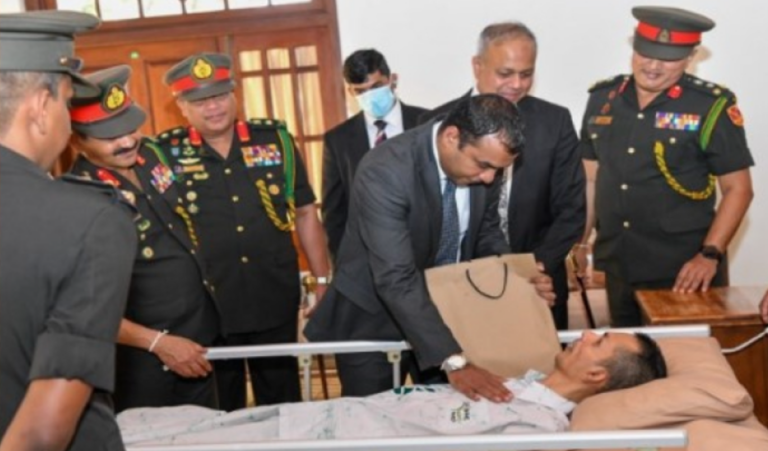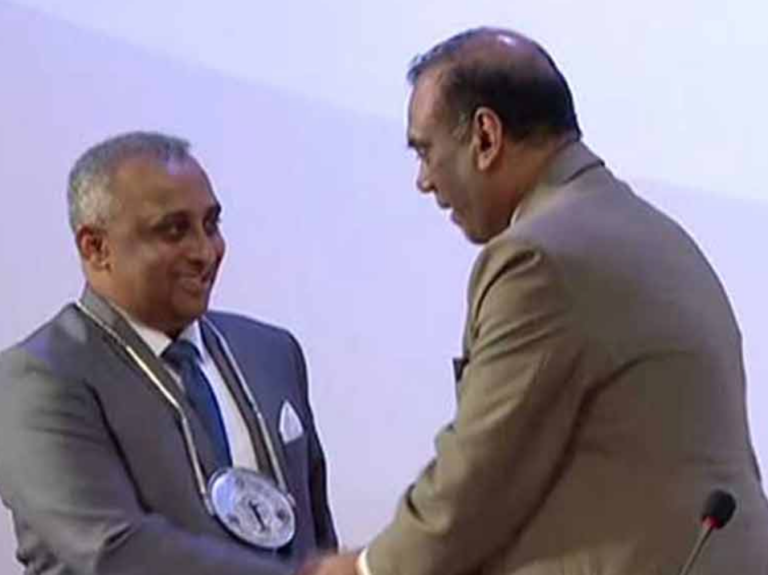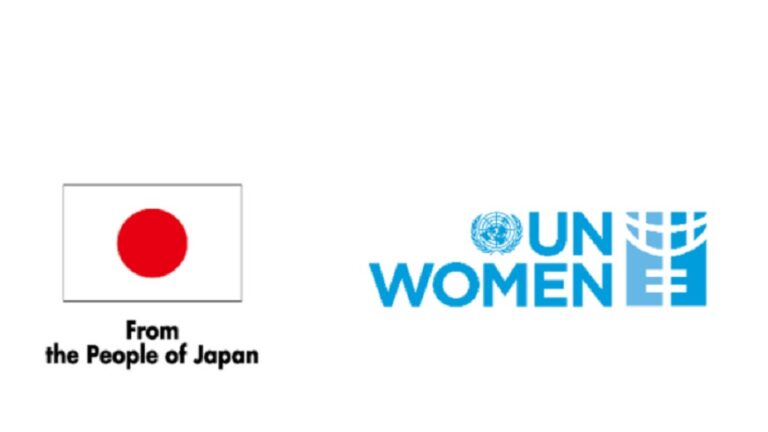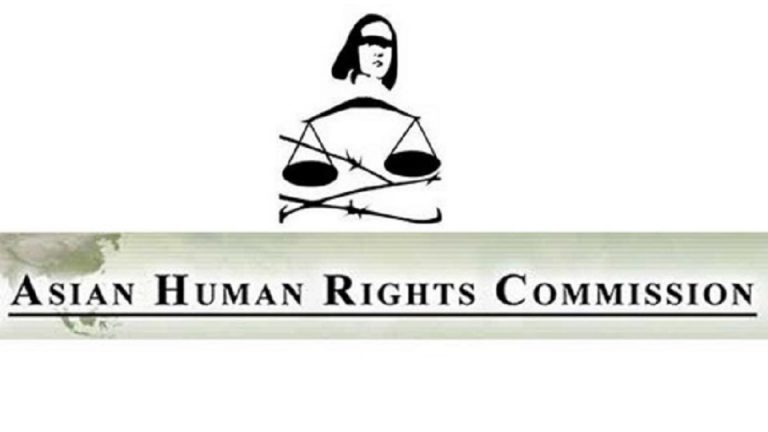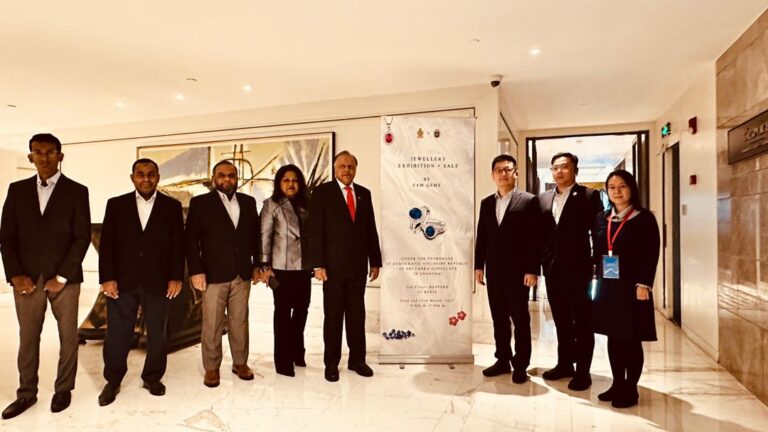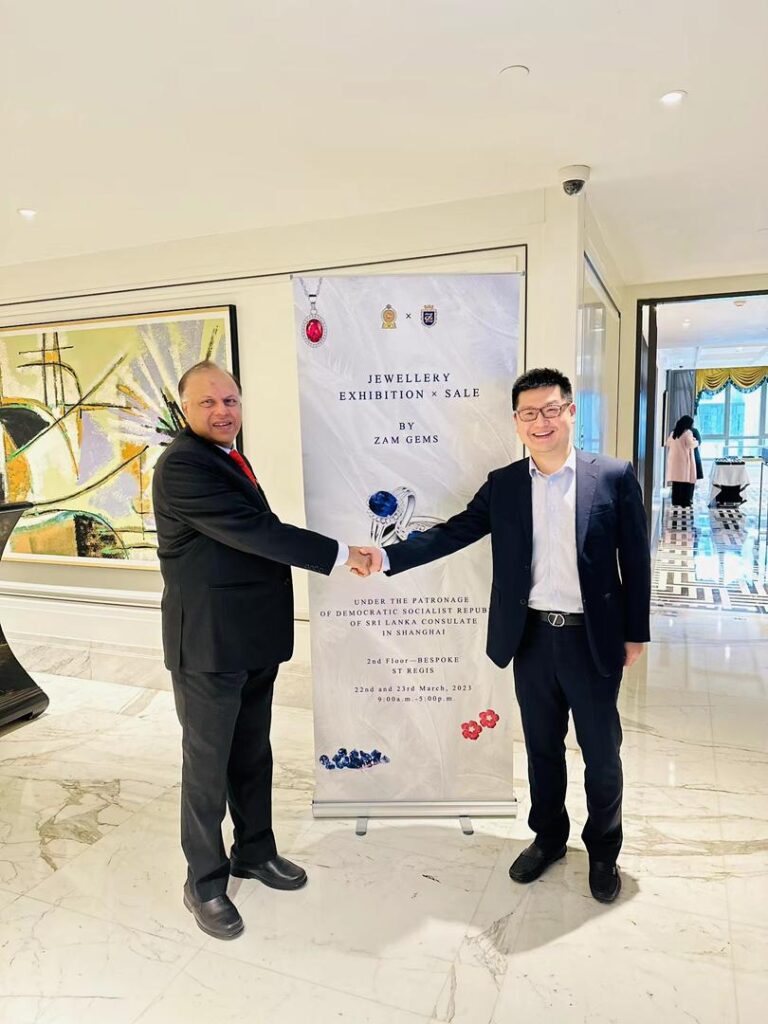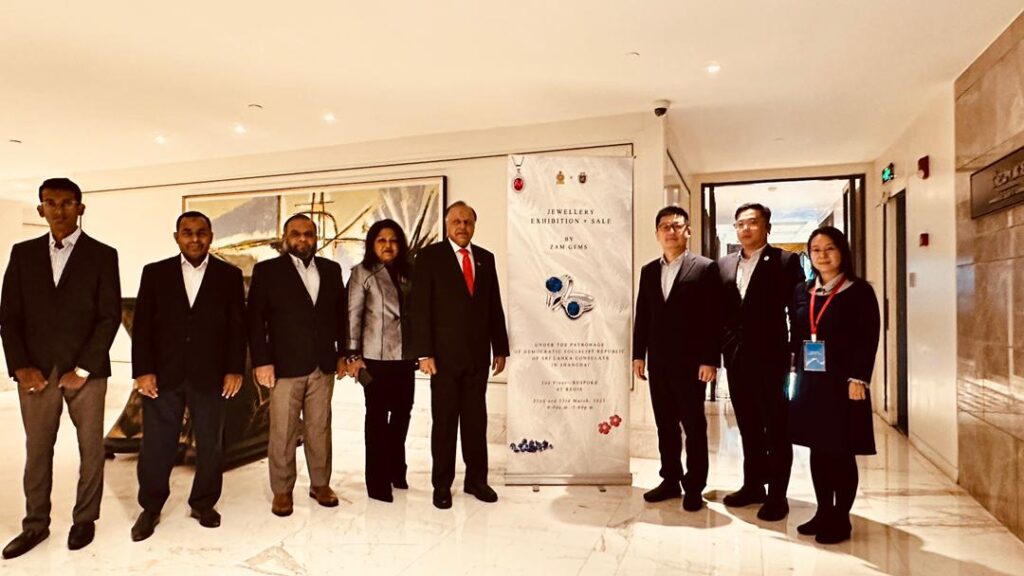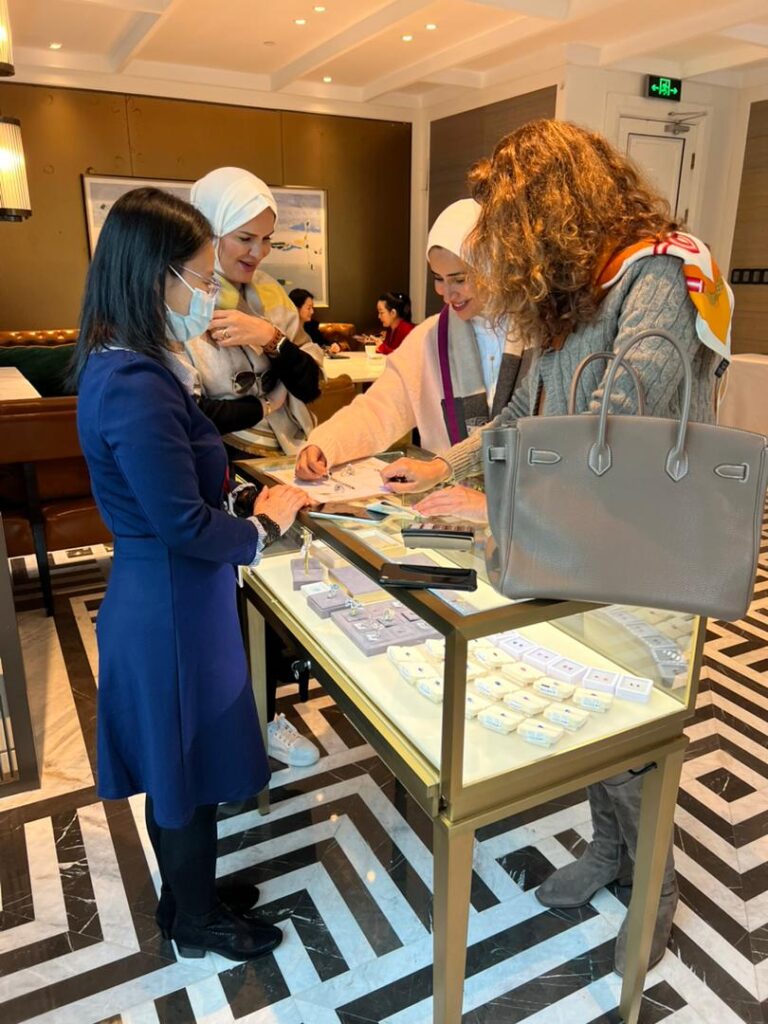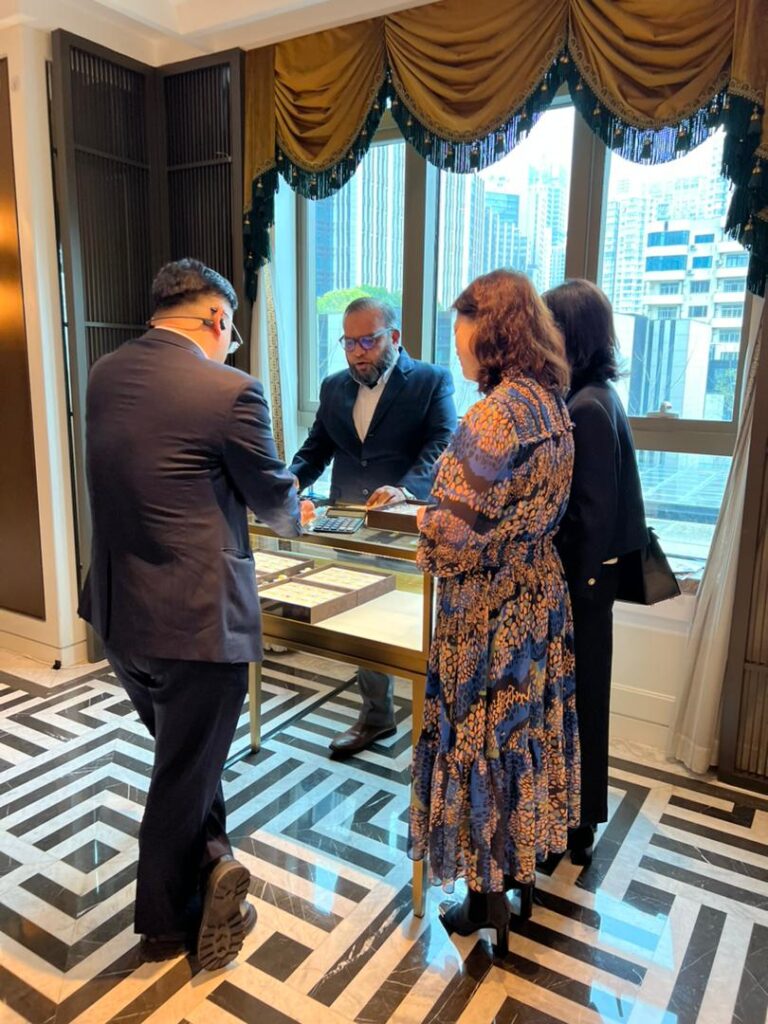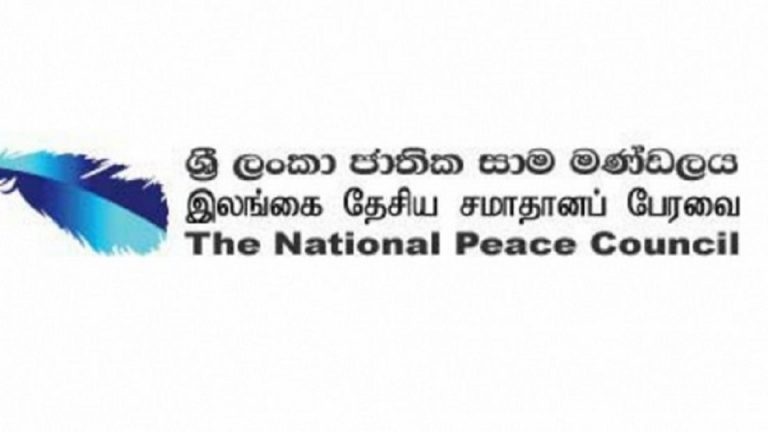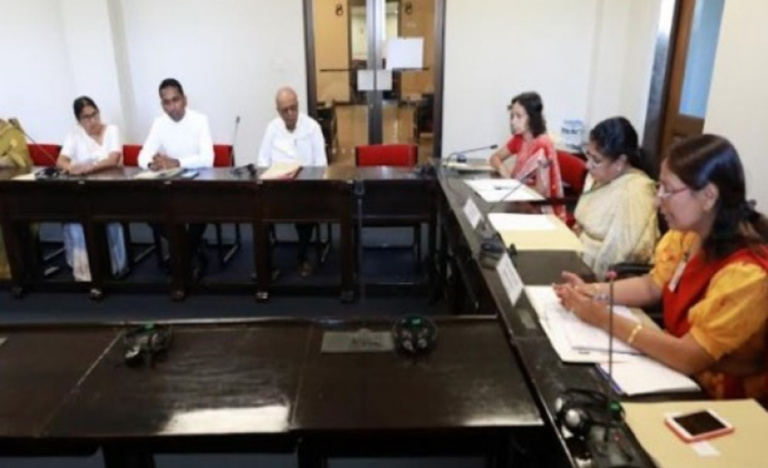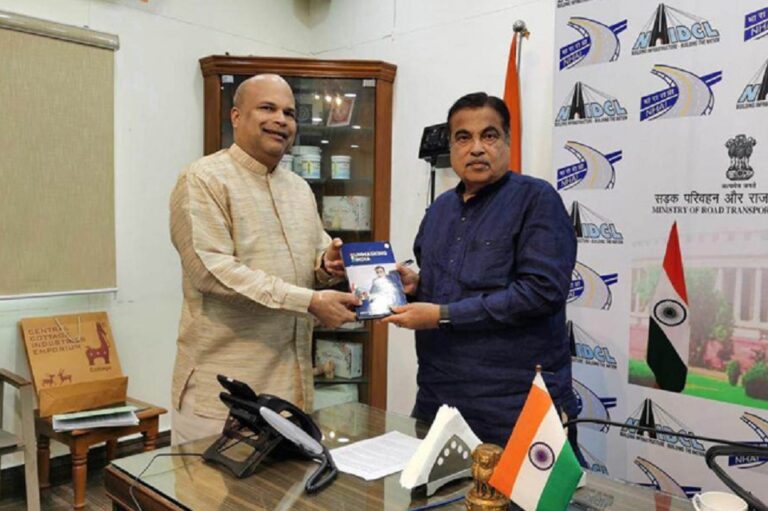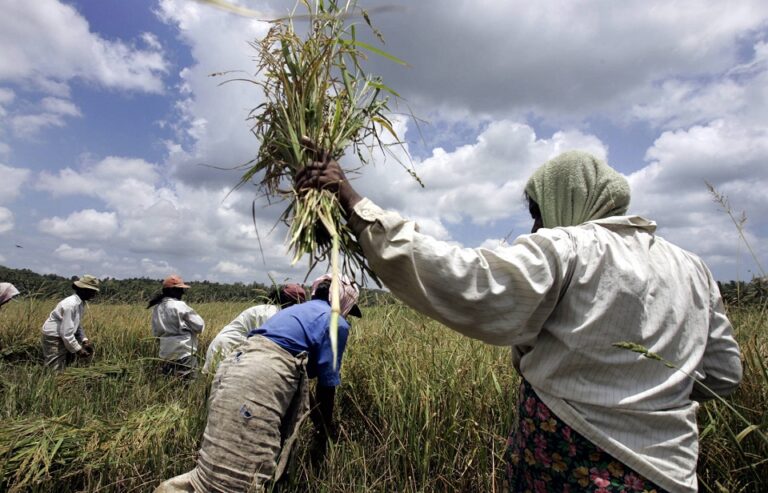AHRC: The International Monetary Fund (IMF) Extended Fund Facility has approved a fund to assist Sri Lanka at this time of terrible economic crisis. While there are many things to talk about that issue, we wish at the very beginning to highlight what we think is the most important issue that should be brought to the notice of the people on this matter.
The IMF has strongly recommended, in fact, has made it one of its key demands, that the corruption in the country has to be brought under control or to eliminate it as a condition of this loan.
That is quite understandable, because otherwise, this money will also land where other monies have landed in the past, to benefit most ‘individuals’, rather than the country. The IMF recommends that for this purpose of the elimination of corruption, very comprehensive laws should be passed in Sri Lanka regarding the elimination of corruption.
However, at the very start, we wish to highlight that the mere passing of a law as the IMF suggests is wholly inadequate to deal with this objective of the elimination of corruption in Sri Lanka. Sometimes, the experts from Western countries may think that once a law is passed, it will get automatically implemented.
That is not the case in Sri Lanka. Sri Lanka has had a very developed system of law, and at the same time, it has also in recent times brought in some very progressive international laws under the pressure of international agencies. However, the problem in Sri Lanka is that while the law exists, the law is not enforced. The Executive can be very comfortable in passing any legislation, if they have the adequate majority to do that in the Parliament, because that will remain just in a book and nothing else will happen.
Examples are many. For example, Sri Lanka, passed the Convention Against Torture and Other Cruel. Inhuman or Degrading Treatment or Punishment Act, No. 22 of 1994, which is one of the most remarkably developed laws when compared with international laws. Similar laws have been passed in other matters, like children’s rights, women’s rights, and even on issues like poverty alleviation and many other matters.
They are all good looking laws, which are, as you know, never touched and never implemented. The reason is that Sri Lanka’s crisis is essentially a crisis of law enforcement, not the lack of laws. Law enforcement is understood more like the use of violence and you know, direct punishments, rather than the enforcement of the law, through a proper system of a functioning policing system.
The Policing system has been seriously criticised even by the Supreme Court (SC), including in a very recent case where the SC said that “the Sri Lankan Police has ceased to be a professional force.” It was referring to a case of ‘extra-judicial killings’, and the Court noted that it is a very frequent practice, despite many reminders by even the SC, and the Police authorities including the Inspector General of Police (IGP), having done almost nothing to improve this situation. In fact, the situation is deteriorating. If you ask the Police, unofficially, they will say, ‘this is not due to their fault, it is because of external forces, particularly politicians who interfere with their work, and that if they in fact do serious work, they get punished.”
And, there are glaring examples of very ‘credible work’, done by some very competent investigators, into some very serious crimes and the result has been that they have been taken out of their jobs, while some had to flee from the country, and others had to remain, go to even jail for some time, and now await trials which are kept on being postponed, the latter which is also a way of punishment in Sri Lanka. To put a ‘faults case’, and then keep on postponing for years and years so that the officer loses his/her job during that time, while his/her family and himself/herself, suffer for many years for nothing is the norm. And, that is a way that the law enforcement officers serious about their jobs are being treated.
The obstacles to investigations into allegations of corruption maybe summed up as follows:
The failures in the investigations into corruption in its various forms, are due to many factors. Some important factors are as follows:
1. A lack of a clear policy of the State to require strict investigations into all complaints regarding crimes related to corruption. In fact, the existing policy is to discourage such investigations on the basis of many considerations which favour those who engage in such crimes.
2. The lack of trained Police investigators into crimes in general, but most specifically, into crimes relating to financial and other forms of corruption. Investigations into crimes other than those committed by those who are called ordinary criminals has been very rare, as a result of which, the experience processed by the law enforcement agencies into such corruption is very limited. Thus, without a considerable effort to improve the quality of the investigations into corruption related crimes, it is very unlikely that the IMF recommendations on this matter will be practically put into effect.
3. The resources that are needed for investigations into financial and other crimes are also not available to the investigation agencies. The development in this area of more technologically based investigations has been very negligible. Besides, such investigations require equipment in order to conduct such inquiries thoroughly and also to preserve evidence, and this is hardly available to the investigating agencies.
4. Perhaps the most disheartening aspect on this matter is the absence of protection for independent and committed investigators. There are highly publicised cases of such investigators being punished without any basis and some having had to flee the country as a result of serious death threats. Thus, the professional environment that is needed for the proper performance of their functions is virtually absent.
5. Direct political interferences into investigations into crimes related to corruption. The laws relating to interference or the obstruction of justice is hardly being enforced.
6. There are public attacks, directly or indirectly led by the Executive on oversight mechanisms such as the Auditor General’s Department, the Judiciary itself and other agencies such as the National Human Rights Commission of Sri Lanka which have the legal obligations to oversee the prevention of corruption.
7. There are heavy attacks on the media which seriously pursue information relating to corruption and constantly call for investigations. This has created a very serious setback to the work of the media. Meanwhile, cultivating a politically biased section of the media which pursues the critics and creates baseless propaganda campaigns against those who are demanding investigations into corruption is also a negative factor.
8. The cultivation of underground elements to engage in physical attacks and even make death threats and sometimes commit extra-judicial killings against those who make complaints of corruption or those who in various ways engage in anti-corruption work also creates a climate of fear affecting proper investigations into allegations of corruption.
So, there is a glaring problem of the collapse of the system of law enforcement. And, a test can be seen within the coming days, concerning who will be selected for the IGP position. Will it be a person committed to reforming the policing system, to enforce the rule of law strictly and bring it to the respectable institution that it once was? Or, will it be another self serving officer who will serve ‘political masters’? Now, that is the kind of issue that the IMF loan will be faced with soon.
It is not only in the policing that there is a problem, as in other law enforcement agencies for example like the Commission to Investigate Allegations of Bribery or Corruption, they face the same problem. In countries where there is successful law enforcement regarding corruption, one of the first steps is to eliminate all police officers from the ‘investigative functions’ in the Commission. The Commission develops its own ‘professional staff’, as investigators, who will work independently for the Commission. Like for example, the Independent Commission Against Corruption in Hong Kong, one of the most effective corruption control agencies.
Now, will the Government and will the Executive, be willing to enforce that kind of a system in order to ensure that corruption is eliminated. The IMF will be able to find the answer very soon.
It is time for the people, the Parliament, and also the IMF itself, to examine this question now itself. ‘What is the capacity of Sri Lanka to enforce good law enforcement related laws once they are passed’?.
The enforcement aspect should be addressed within the law itself and of course, the resources should be made available for effective implementation. Otherwise, very soon, it will be discovered that the recommendations that were given by the IMF on this occasion, have not borne any fruit, in the same way that the earlier pronouncement about corruption elimination has also borne no fruit.

